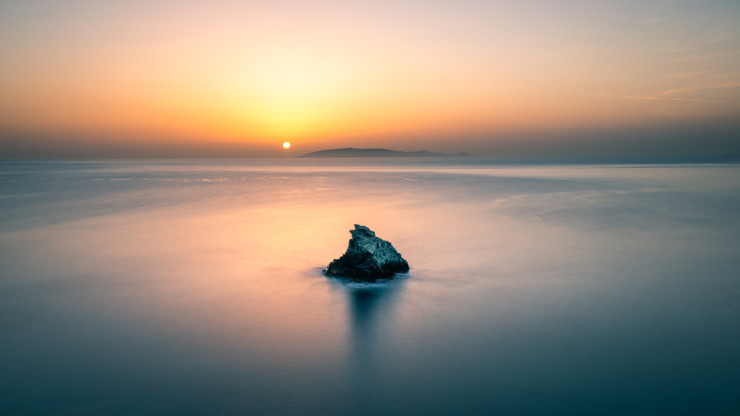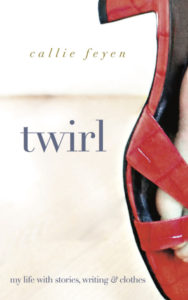In her book of sonnets, Pilgrim, You Find the Path by Walking, Jeanne Murray Walker has several poems exploring silence. To introduce them, she uses a quotation from Max Picard: “Silence is the only phenomenon today that is ‘useless.’ It does not fit into the world of profit and utility: it simply is.”
I’m not sure I agree, or perhaps I don’t completely understand. I think silence, like love, does a lot.
At times, usually at night when I don’t hear the hush of trees, the murmur of crickets, the cars driving towards Detroit or maybe Chicago, silence scares me. “Nothing’s happening,” I think. I don’t like the thought that everyone and everything is taking a break at the same time.
Other times, like when I walk into a library and breathe in the pages of the books, silence settles what is restless inside of me, even if I can’t name it. I’ll flip through pages of books and magazines not looking to be tamed of this restlessness, but content to let it run wild in the silence of the story I choose to enter into.
In a poem about going to the ocean, Jeanne Murray Walker contemplates what she sees and hears — the “green-gray water,” the “wheeze and hiss” of its “great body.” In the poem she has no book or phone; there’s nothing else going on, nothing else to do except see and hear the ocean. “Therefore the mind finds metaphor,” she writes. And then:
How I see better what
is there
after sitting quietly with what is not.
I think that in both my case and in Jeanne Murray Walker’s silence does something to us, and while I shudder to think of making a campaign for silence, complete with a platform, branding, and hashtags, I do think silence’s usefulness, like love’s, is vital. Perhaps these entities that make us feel something are dependent on us. Could it be that silence and love are around us all the time, waiting, hoping we’ll find them, hoping we’ll let them mark us, with no care in the world whether they are useful?
Try It
This week, consider what silence is and what it does. Then write a poem about it.
Featured Poem
Thanks to everyone who participated in last week’s poetry prompt. Here’s one from Sandra Heska King we enjoyed:
Hard Prune
Several weeks ago
I took my unsullied loppers
and mutilated our unwieldy hibiscus.
Chopped it five feet to one,
its trunk to two dry nubs.
I didn’t know if it would live or die.
Apparently you’re not supposed
to do this in the winter.
But this is the land of
perpetual summer.
Today I noted bursts of green.
Perhaps it will bloom pink again.
Perhaps there is still hope.
Photo by Giuseppe Milo Creative Commons, via Flickr. Post by Callie Feyen.
Browse more poetry prompts
A Writer’s Dream Book
“Callie Feyen has such a knack for telling personal stories that transcend her own life. In my years in publishing, I’ve seen how hard that is—but she makes it seem effortless, and her book is such a pleasure. It’s funny, it’s warm, it’s enlightening. Callie writes about two of the most important things in life—books and clothes—in utterly delightful and truly moving ways. I’m impressed by how non-gimmicky and fresh her writing is. I love this book.”
- Poetry Prompt: Courage to Follow - July 24, 2023
- Poetry Prompt: Being a Pilgrim and a Martha Stewart Homemaker - July 10, 2023
- Poetry Prompt: Monarch Butterfly’s Wildflower - June 19, 2023


Sandra Heska King says
“Could it be that silence and love are around us all the time, waiting, hoping we’ll find them, hoping we’ll let them mark us, with no care in the world whether they are useful?” I think they are more useful than we can know.
I might like a little adventure, but I’m one of those who craves silence. Also, I love this book. I underlined this,
How I see better what
is there
after sitting quietly with what is not.
Also, thanks for highlighting my poem. The leaves seem to be getting fuller. I’m watching them day by day.
Will Willingham says
I’m pondering this idea of whether silence would recognize its own usefulness.